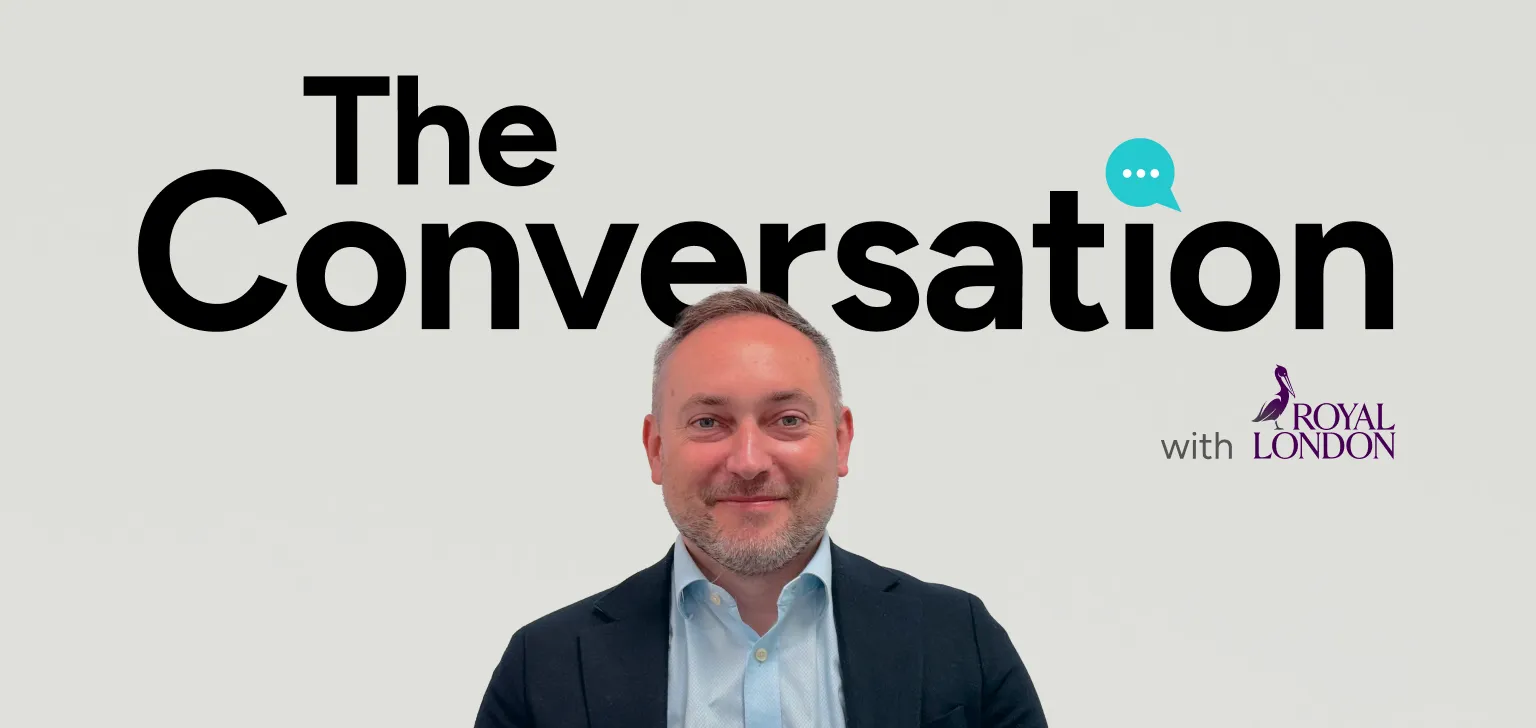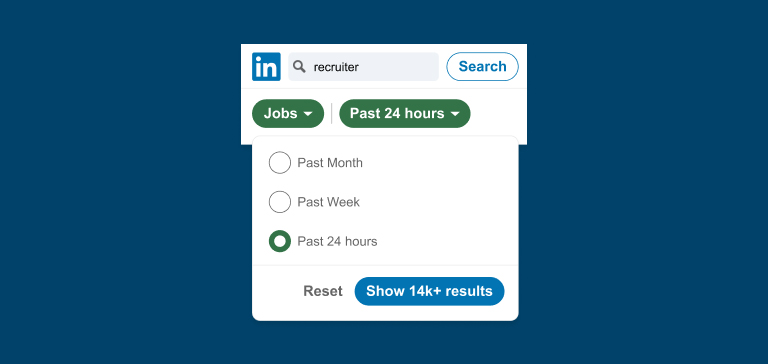Over the course of my two-plus decades in talent acquisition, I have led big teams (I’m talking hundreds and hundreds of recruiters, coordinators, PMs and support functions), and small teams with a few recruiters who owned everything end to end.
But no matter the industry, business, or size of team, I have found that the same basic challenges are almost always the same.
Case in point: When I’d ask my teams what would make their jobs better, the most common reply was “please help me do less boring stuff so I can spend more time helping my hiring managers and candidates.” The “boring stuff” usually means manual tasks, clicking through multiple screens and systems, duplicate data entry, and so forth. If you’re a TA or business leader and haven’t shadowed your recruiters lately, I’d suggest doing it — watch them work and you’ll understand what I’m talking about.
And the research corroborates this. According to Gallup, the most basic measures of employee engagement are “I know what’s expected of me at work” and “I have the tools and resources to do my work right.”
So over the years, the big question was always: what if we could dramatically improve employee engagement by offering better tools and resources to recruiters? What if we could elevate what we expect and empower recruiting teams to drive more business value?
You can probably see where I’m going with this.
Now that I’m at Paradox, the answer is quite clear — I truly believe that we can build higher performing teams and make the lives of recruiters better through transforming processes and leveraging automation.
The dreaded scheduling "fire-drill".
Too often the first place we look when solving hiring challenges is sourcing: don’t we just need more candidates? Well, in my experience, time and time again, the biggest risks I’ve faced in delivering against hiring goals (and I’ve had to deliver some pretty crazy, scary, hiring numbers) had nothing to do with sourcing. The root cause was most often the inability to get candidates swiftly and smoothly through the hiring process.
Let me share a few anecdotes to illustrate my point:
One time, I had thousands (yes, thousands) of qualified and interested candidates waiting to be interviewed. We just couldn’t get the interviews scheduled fast enough despite having plenty of interviewers, recruiters, and coordinators. Solving this backlog took a Herculean effort from my team — we got it done but it wasn’t pretty or fun.
I’ve also led countless scheduling “fire-drills”; scrambling to reschedule interviews at the last minute due to bona fide interviewer emergencies (think sick kiddos or on-call engineers). Rather than schedule new interviews, sometimes 30-50% of a coordinator’s capacity was focused on rework, resulting in longer hiring cycle times, poor candidate experience, and frustrated hiring managers.
Can we do better? Yes, we can. And I would argue that we can’t wait any longer to get serious here. As TA leaders, let’s be all hands on deck — fix those outdated, broken processes, and deploy technology that is available and ready today to change the game.
In my role leading TA for Paradox, I get to see firsthand the power of conversational software and assistive technology — both in my own team, and in sharing in the successes of our clients as they transform how they hire. Here’s just one example: my team doesn’t reschedule any interviews. Olivia (what we call our conversational assistant) does it for them.
Free up your recruiters to deliver more value for the business.
Just think about how much more value recruiters can, should, and want to deliver for your business. Let’s free them up, and raise the expectations of what they can contribute, starting with:
- Evaluating talent. Recruiters are professional interviewers, and might be the best assessors of talent in your organization. But, too often, recruiters aren’t involved in the evaluation process beyond initial screening. Consider having recruiters take a bigger role in evaluation and supporting hiring decisions.
- Teaching interviewing. Recruiters should make your organization better by teaching interviewing; they are experts here and can help your organization build skills like behavioral based interviewing. If you don’t already have interview training in your company, unleash your recruiters to go build it.
- Re-recruiting your workforce. It’s not uncommon for employees and managers to have a closer, more trusted relationship with their recruiter than anyone else in the HR organization. Use that relationship to drive your retention strategy;consider having recruiters be more involved in onboarding and conduct stay interviews.
- Building market expertise. When recruiters have time to become experts on the talent market, it is a game changer, influencing strategies like what and where to hire, and how to be competitive in a changing landscape.
If you’re thinking “isn’t this what recruiters are supposed to be doing?” I whole-heartedly agree with you. And, I’d offer that if we’re really honest, as an industry we struggle to unleash the full potential of the talent in our teams. That said, I’m more optimistic than ever about where technology can support doing our best work — both today and for the future of our profession.
I believe that if we get this right, TA can, should, and will evolve beyond acquisition. Why shouldn’t we expect TA to play a more strategic role in the talent strategy? Think talent management, engagement, and internal mobility for starters. Do your recruiters drive internal mobility? Can they accelerate L&D initiatives by helping identify where critical skill gaps exist based on insight from the hiring process? Can they support onboarding initiatives to help speed up time to performance? I get pretty excited about the possibilities here.
So, let’s get to work and create a future where TA is empowered to do our very best work and add the value we’re capable of to our businesses. I’m grateful to get to play a part in this journey and hope you’ll join in as well.









